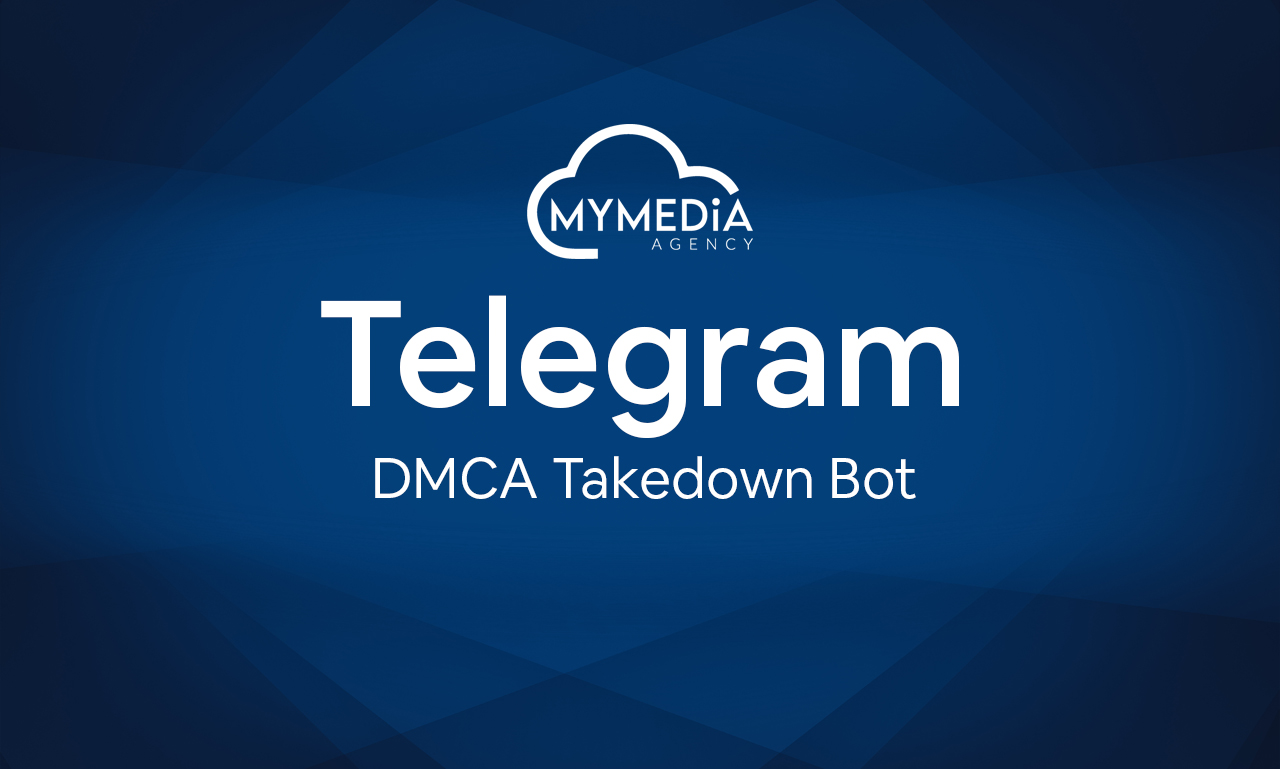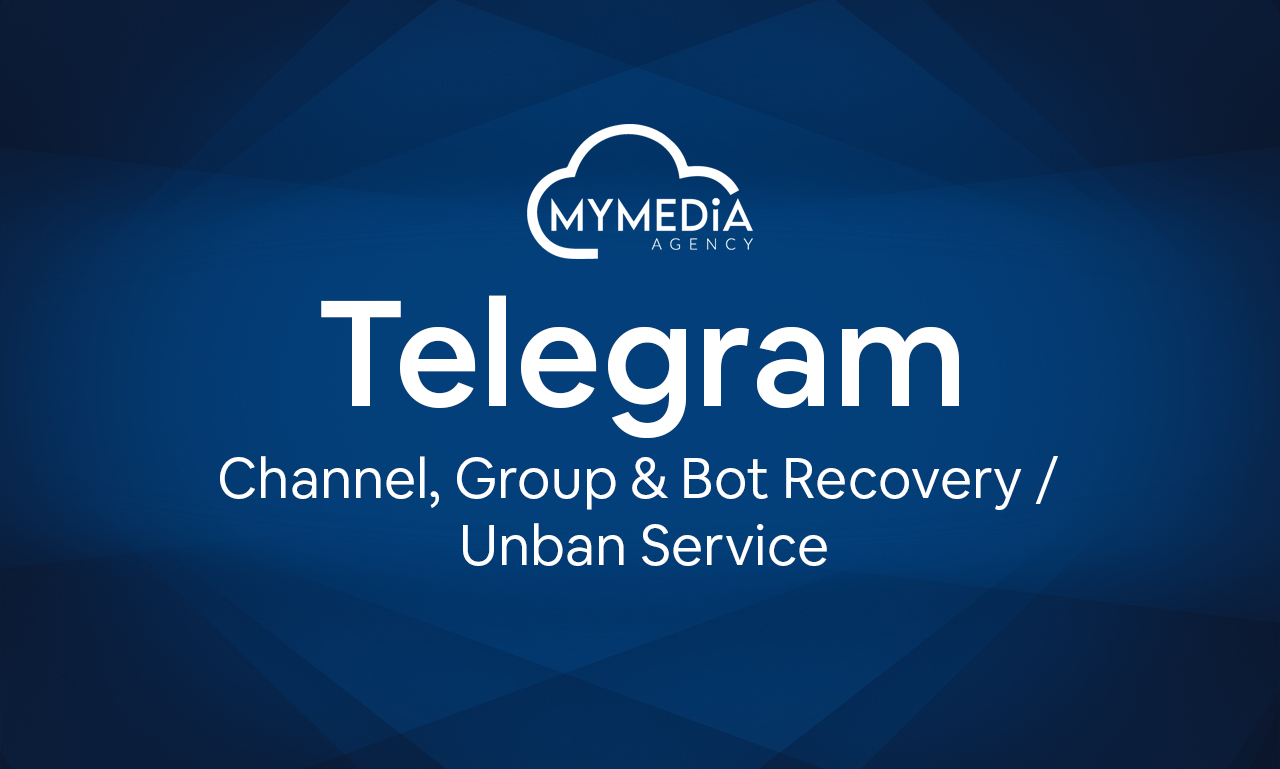Protect Your Content
and Online Privacy
MyMedia Agency offers comprehensive content protection services for creators across all industries, including OnlyFans, Sports, Music, and Cinema.
Our cybersecurity and AI experts secure digital rights, monitor IPTV, and use watermarking tech to safeguard your content.

Trusted by Leading Companies












Stay One Step Ahead of Piracy
Your content deserves full protection. We combine AI and expert monitoring to keep it safe everywhere, all the time.
Our Services
Choose MyMedia Agency to defend and safeguard your valuable content, and join our growing list of thousands of satisfied clients around the world.
Who Are We?
Founded in 2012, MyMedia Agency provides cutting edge digital protection for video, film, streaming, sports, music, and cinema content. We operate on platforms like Telegram, Twitter, Snapchat, TikTok, Discord, and more, guaranteeing rapid removal across all websites and social networks.
Based in London, we also collaborate with a specialized law firm to provide complete legal protection.

Digital Protection Services
Choose from our range of professional content protection services tailored to your needs
Everything You Need to Know
Still have a question? Contact our customer service for personalized assistance
MyMedia Agency protects digital content from piracy, unauthorized sharing, and illegal monetization. We monitor and remove stolen media from platforms such as Telegram, TikTok, Reddit, Google, IPTV networks, and adult sites. We also file DMCA takedowns, disable pirate bots, and help enforce copyright compliance worldwide.

Partner with the best in the industry
Try a free scan and see how many leaks we are able to find.





